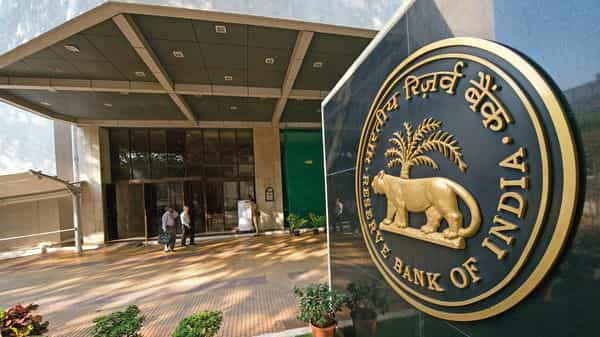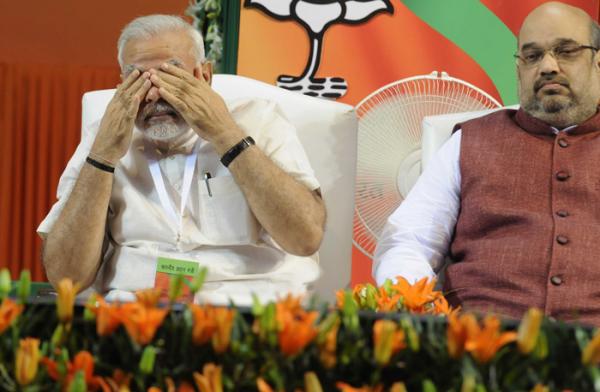The Reserve Bank of India on Friday gave retail investors direct access to the government securities markets a move termed by Governor Shaktikanta Das as a “major structural reform”.
India, in fact, will be the third nation in the world after the United States and Brazil, where retail participants can take direct exposure on the government bond market.
Experts agreed with the RBI governor and said the move will likely change the dynamics of the bond market in India and could obviate the need for the country to chase foreign investors by listing Indian bonds in global bond indices.
Domestic investors, if tapped meaningfully, are potentially an inexhaustible source of funds for the government when it is trying to borrow Rs 12 trillion from the markets in the next financial.
This is also widening the investor base even without compromising on existing policies on domestic bond investment much.
Bringing retail to the bond market, which will automatically deepen the bond market, and eventually develop the corporate bond market, is long in the agenda of the regulator and the government but nothing much could be done.
Commetint of this development State Bank of India chairman Dinesh Khara.said “Allowing retail participation in the G-Sec market is a bold step towards the financialisation of a vast pool of domestic savings and could be a game-changer,”
“This is a big reform in our view, but the uptake may only be gradual,” said Pranjul Bhandari, chief India economist of HSBC.
The move to allow investment through the portal ‘Retail Direct’ was a “path breaking reform”, said Indian Banks’ Association (IBA) chairman and Union Bank of India MD and CEO Rajkiran Rai G.
“However, the retail customers need to be educated on the nuances of the government securities market. For this more awareness is to be created,” Rai said.
The RBI will soon release the modalities of how retail investors can directly participate in the primary and secondary market trades through RBI’s e-Kuber system.
So far, retail participation was done through banks or gilt funds. The response was tepid, but the ease of investment now can eliminate the need for investing in a plethora of products, experts said.
Money can move from all sorts of assets, including from real estate, where the rental yields are just 1-2 per cent in India.
Bonds issued by the sovereign are the safest, which also can offer returns of 6 per cent and more and can substitute the need for saving in bank fixed deposits and fixed income mutual funds products.
In case of short-term funds, government treasury bills can give more return than banks.
The governor tried to allay fears of a substitution effect on bank deposits and mutual fund products.
“As the GDP grows and the size of the economy grows, the total volume of savings and deposits will naturally expand.
Banks have so many other functions and services which they render. So, we feel that it will not undermine the flow of deposits to banks or mutual funds. It is one more avenue that has been made available,” said the governor
The retail focus can also eventually shift to the corporate bond market and the debt market in India can become as popular as the equities, experts say.
In developed markets, bond markets have larger volume than equities.









